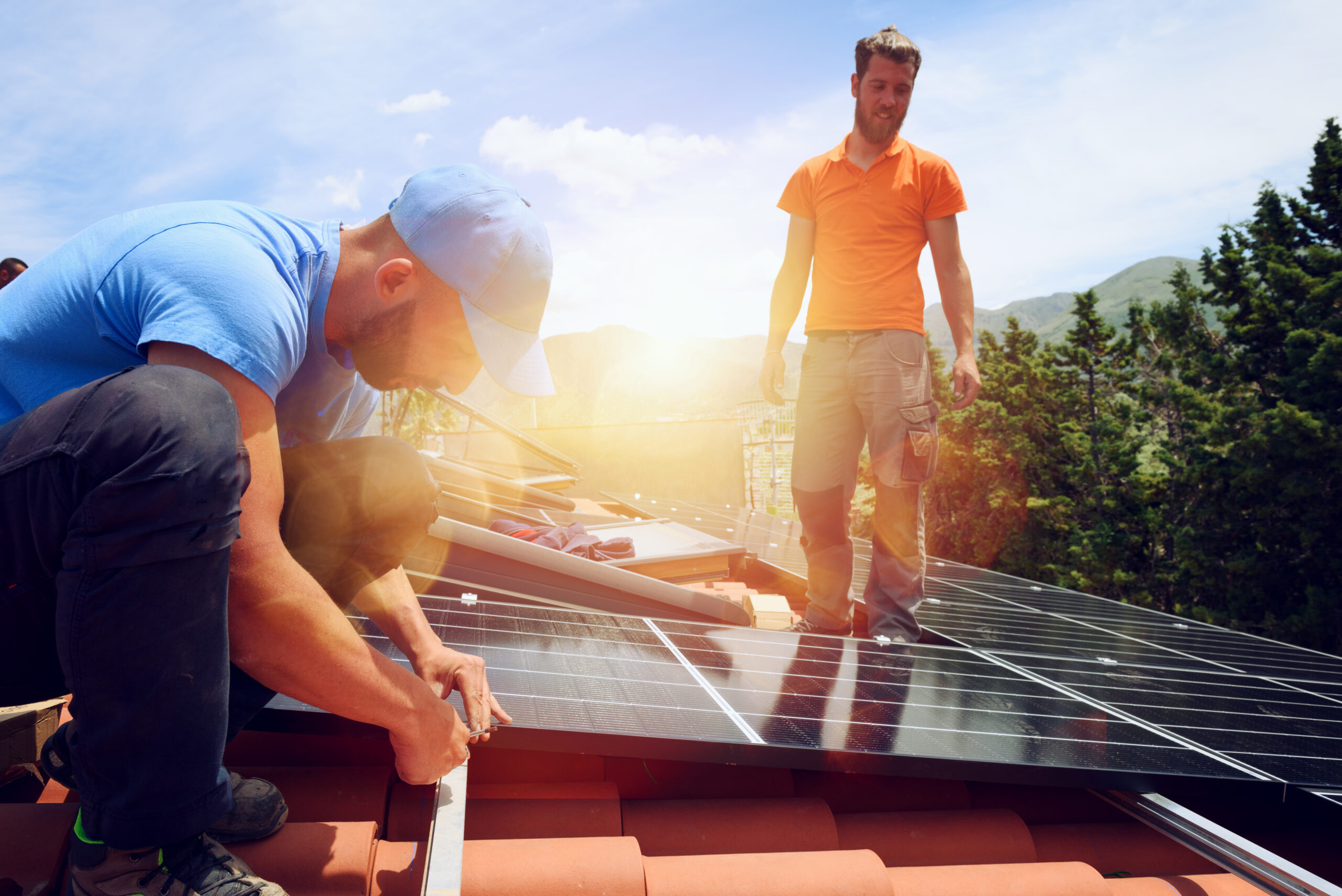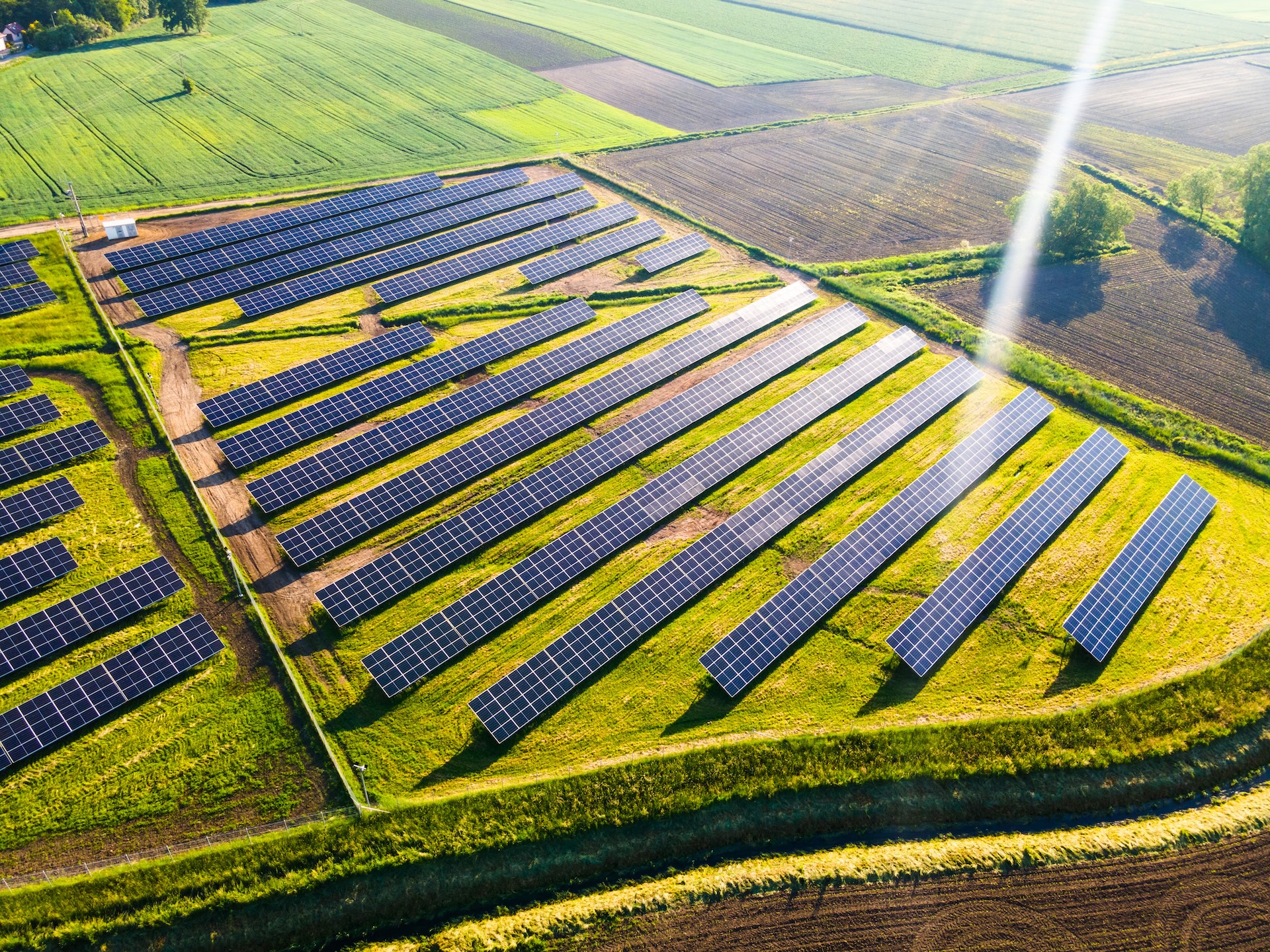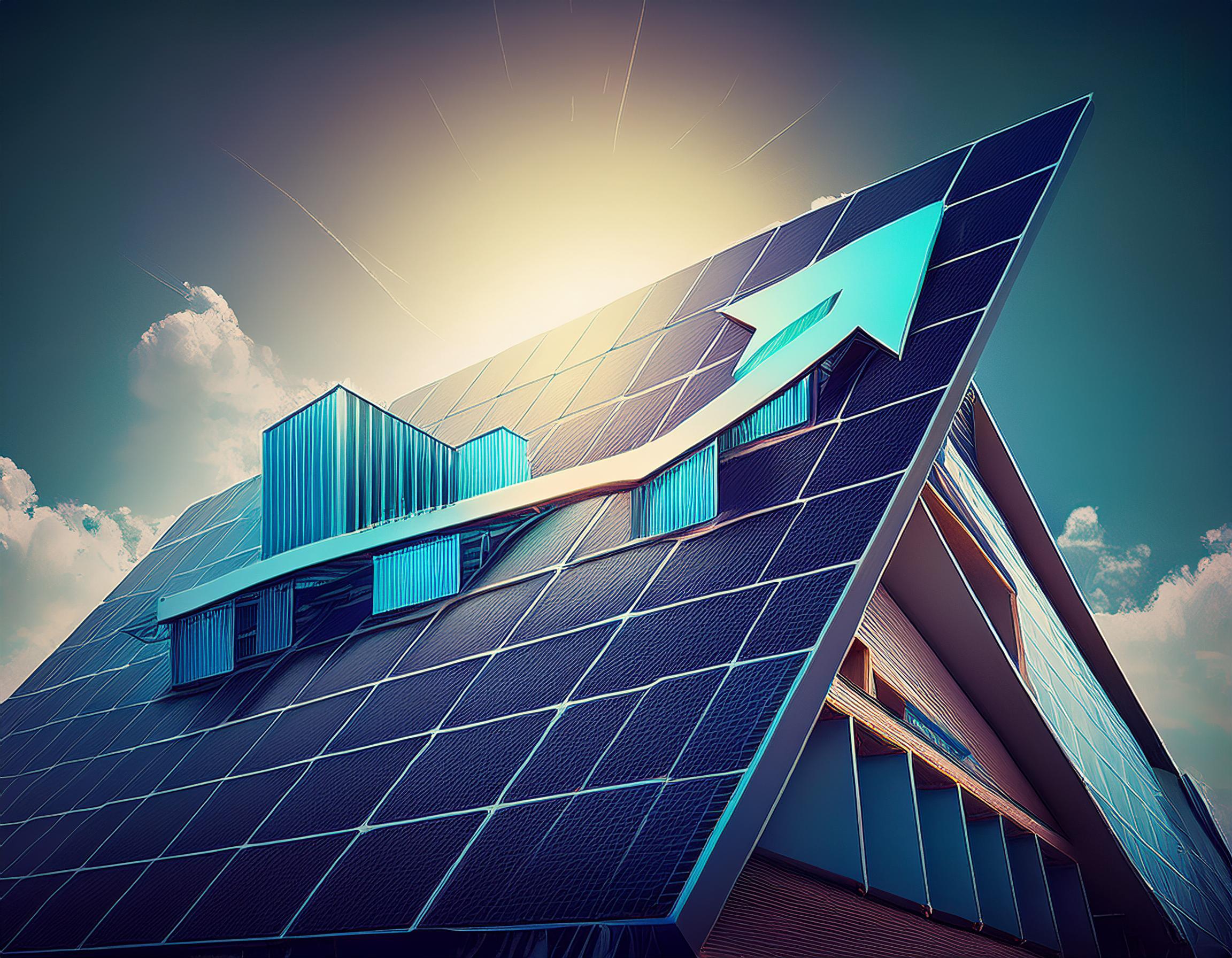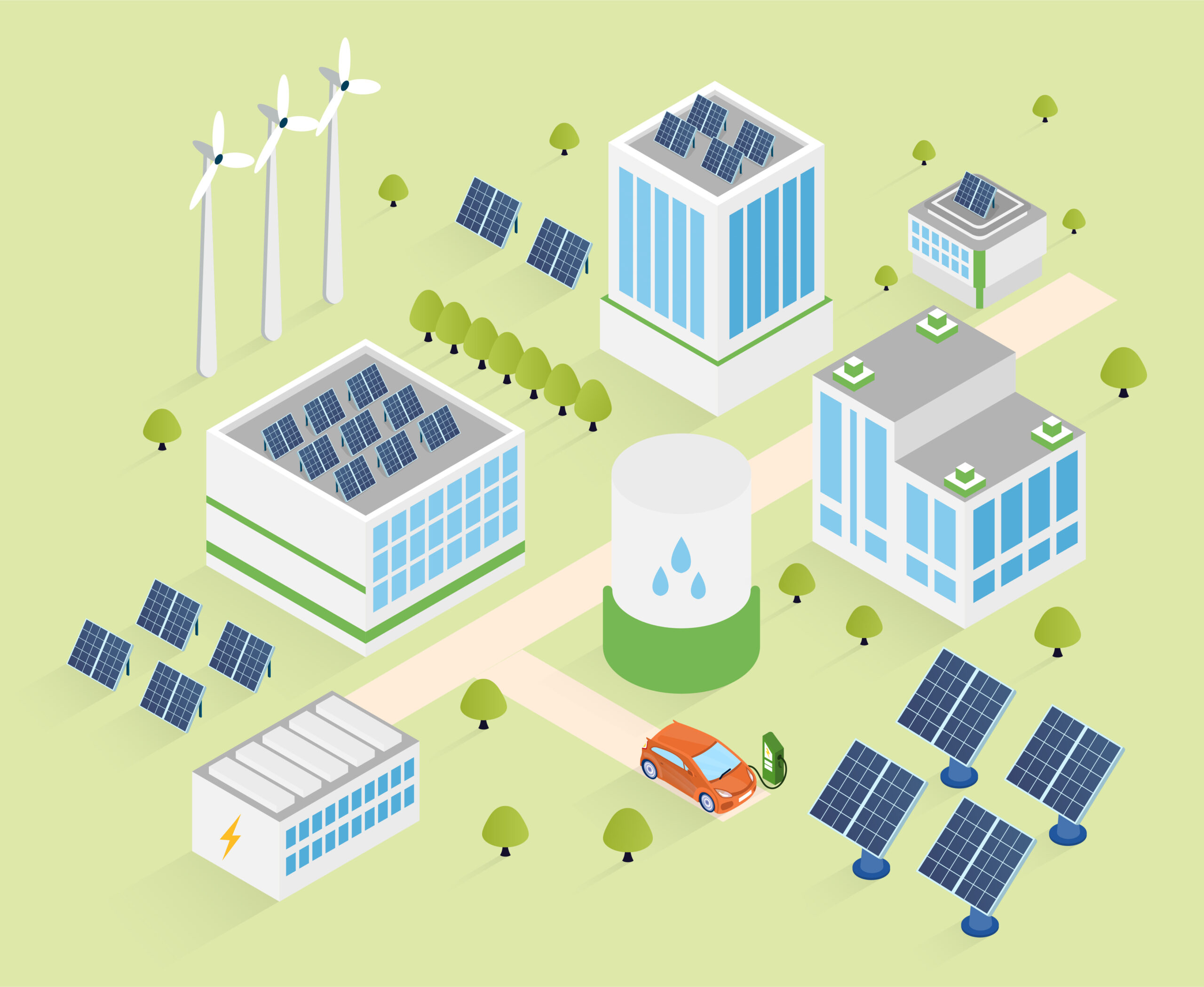
Solar System Maintenance: Keeping the Sun Powering Your World
Proper maintenance of solar systems is essential to ensure their optimal efficiency and longevity. This blog provides a guide on maintaining solar systems, covering key aspects such as cleaning, monitoring, and periodic inspections. By adhering to best practices for solar system maintenance, you can maximize the performance of your solar panels and continue to harness the sun’s energy for years to come.
The Significance of Solar System Maintenance
- Efficiency: Regular maintenance maximizes the efficiency of your solar panels, ensuring they generate as much energy as possible.
- Longevity: Proper maintenance prolongs the lifespan of your solar system, protecting your investment and reducing the need for costly repairs or replacements.
- Cost Savings: Maintenance prevents efficiency losses and unexpected issues, leading to cost savings over the life of the solar system.
- Environmental Impact: A well-maintained solar system generates more clean energy, reducing reliance on fossil fuels and minimizing the carbon footprint.
Cleaning Solar Panels
- Frequency: Clean solar panels as needed, typically every 6-12 months. The frequency may vary depending on the local climate and environmental conditions.
- Equipment: Use a soft brush, mild detergent, and a hose or bucket of water. Avoid abrasive materials or high-pressure sprays that could damage the panels.
- Safety: Ensure safety by turning off the solar system and avoiding standing on the panels during cleaning.
- Debris Removal: Remove dirt, dust, leaves, bird droppings, and any other debris from the panels.
Monitoring Solar System Performance
- Monitoring Tools: Use monitoring tools provided by the solar system manufacturer or install a third-party monitoring system to track performance.
- Efficiency Check: Regularly assess the system’s energy production and compare it to the expected output.
- Data Analysis: Analyze historical data to identify any performance deviations or efficiency drops.
- Professional Assistance: If you notice consistent performance issues, seek professional assistance to diagnose and rectify the problem.
Periodic Inspections
- Schedule: Arrange for annual or biannual professional inspections to evaluate the overall condition of your solar system.
- Components Check: Inspect the solar panels, wiring, inverters, and mounting structure for damage or wear.
- Safety Review: Ensure the safety of the electrical components and connections to prevent potential hazards.
- Professional Inspectors: Engage certified solar installers or maintenance professionals to conduct thorough inspections.
Shade Management
- Tree Trimming: Trim or prune trees and shrubs to prevent shading on the solar panels, particularly during peak sunlight hours.
- Shade Analysis: Conduct a shade analysis to identify and address any sources of shade that may reduce panel efficiency.
Inverter Maintenance
- Inspection: Regularly inspect the inverter for visible damage or signs of malfunction.
- Cleaning: Keep the inverter’s ventilation system clear of dust and debris to prevent overheating.
- Replacement: If the inverter shows signs of damage or malfunctions, consult with a professional for possible replacement.
Bird and Pest Deterrence
- Deterrents: Install bird spikes, netting, or deterrents to prevent birds and pests from nesting or causing damage to the panels.
- Monitoring: Periodically inspect the solar panels for signs of bird or pest activity.
Impact and Benefits of Solar System Maintenance
- Efficiency: Proper maintenance ensures optimal efficiency, maximizing the energy output of your solar panels.
- Longevity: Regular care extends the lifespan of your solar system, protecting your investment.
- Cost Savings: Maintenance prevents costly repairs and losses in energy production, leading to long-term cost savings.
- Environmental Impact: Well-maintained solar systems generate more clean energy, reducing reliance on fossil fuels and minimizing the carbon footprint.
Conclusion
Solar system maintenance is crucial for preserving the efficiency, longevity, and performance of your solar panels. By following best practices, such as regular cleaning, monitoring, and periodic inspections, you can ensure that your solar system continues to generate clean energy, contribute to cost savings, and reduce your carbon footprint for years to come. Proper maintenance not only safeguards your investment but also empowers you to harness the sun’s power for a sustainable and environmentally responsible future.


